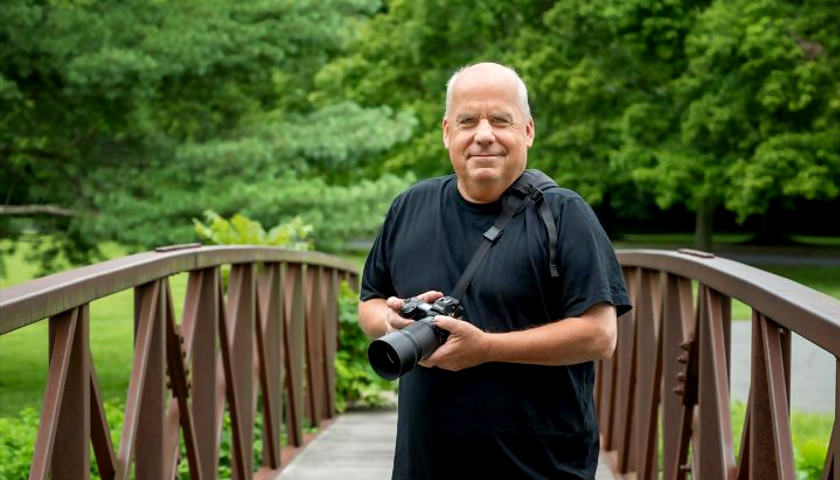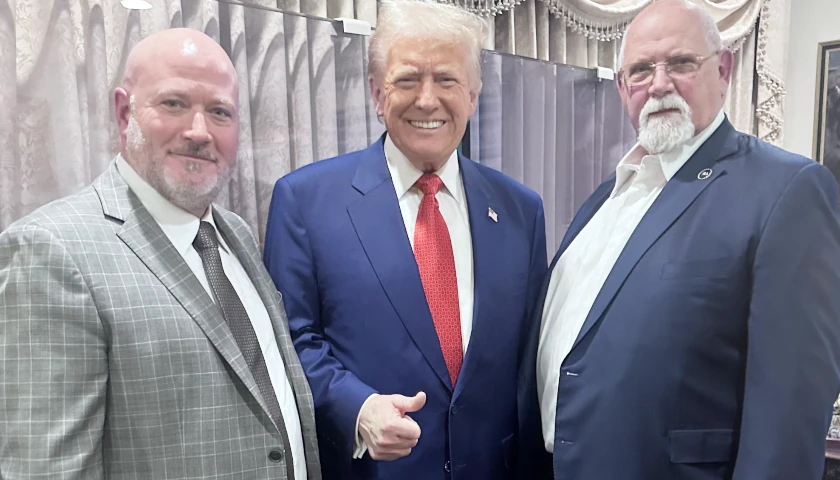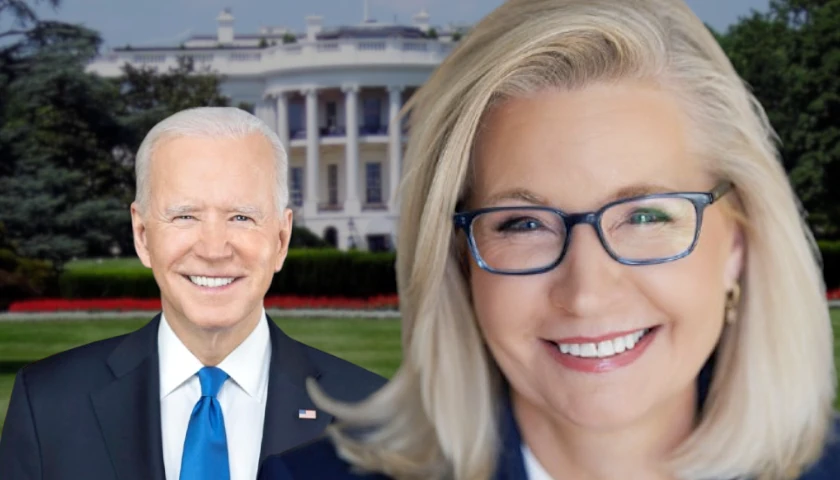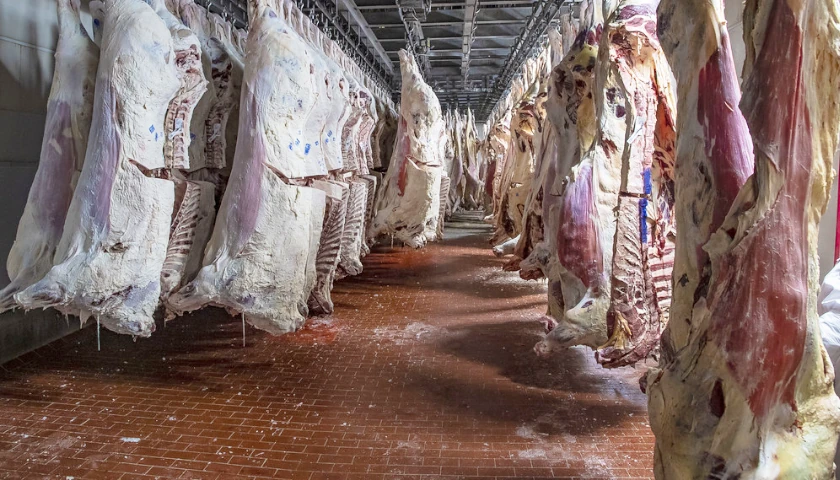by Kate Anderson
Advocates for faith won several major victories this year through the legislature and the court, despite a growing hostility toward religious communities.
There were several examples of anti-religious sentiment over the past year, some of which included an FBI-drafted memo targeting traditional Catholics as “potential domestic terrorists” and the University of West Virginia’s transgender training labeling Christians as oppressors. However, 2023 also boasted several victories for religious Americans in schools, the workplace and the pro-life movement.
In June, the Supreme Court ruled in favor of Christian web designer Lorie Smith, who sued the state of Colorado over a law that would have compelled her to create wedding websites for same-sex couples in violation of her religious beliefs. In a 6-3 ruling, the justices wrote that “tolerance, not coercion, is our Nation’s answer” and that all Americans, including religious ones, should be able to freely express their beliefs as they see fit and “not as the government demands.”

Lorie Smith / ADFLegal
 As a result of the Supreme Court’s ruling, Attorney General Jason Miyares of Virginia agreed to settle a lawsuit in November with Christian wedding photographer Bob Updegrove (pictured above), who sued in September 2020 over a similar state law that would have prevented him from promoting his belief that marriage is between one man and one woman.
As a result of the Supreme Court’s ruling, Attorney General Jason Miyares of Virginia agreed to settle a lawsuit in November with Christian wedding photographer Bob Updegrove (pictured above), who sued in September 2020 over a similar state law that would have prevented him from promoting his belief that marriage is between one man and one woman.
The case will also likely have a significant effect on another religious case that has been going on for a decade involving Christian baker Jack Phillips, who initially won at the Supreme Court in 2018 after he refused to bake a cake for a same-sex wedding. Phillips was sued again in 2021 for refusing to bake a cake for a gender transition party, and his attorney previously told the Daily Caller News Foundation that he believed Smith’s case would be key to defending free speech for religious Americans in Phillip’s lawsuit.

Jack Phillips / ADFLegal
“The government can’t force anyone to express messages that goes against their beliefs and because we appealed Jack’s case to the Colorado Supreme Court before 303 Creative was decided the state Supreme Court will be the first to be able to apply that decision in Jack’s current case,” Jake Warner, senior counsel with Alliance Defending Freedom and Phillips’ attorney, told the DCNF.
The Colorado Supreme Court announced in October that it would hear Phillip’s case next year.
In March, Mecklenburg County in North Carolina agreed to settle with the Christian pro-life groups Cities4Life and Global Impact Ministries after several members were arrested in 2020 for praying and counseling women outside an abortion clinic. The county agreed to pay the plaintiffs $20,000 for damages, attorney fees and any costs incurred by the pro-life groups, as well as acknowledge that the groups have the right to “peaceful advocacy on public sidewalks and public streets.”
“The courts have upheld religious freedom in several important court cases recently,” Arielle Del Turco, director of the Center for Religious Liberty at the Family Research Council, told the DCNF. “This is very encouraging and it affirms our First Amendment rights.”
Schools also saw improvements in religious freedom this year. Texas lawmakers passed a bill in May allowing schools to hire chaplains for the position of school counselors.
The bill was signed into law by Republican Gov. Greg Abbott in June and went into effect on Sept. 1, according to KXAN, an NBC affiliate.
In June, the Oklahoma Statewide Virtual Charter School Board approved the first taxpayer-funded religious charter school in a 3-2 decision. The online school will be run by the Roman Catholic Archdiocese of Oklahoma City and the Diocese of Tulsa.
The proposal was supported by Republican Gov. Kevin Stitt of Oklahoma, who previously told the DCNF that “those dollars should flow wherever a parent, a school district, a charter wants to set up.” The state’s Republican Attorney General Gentner Drummond, however, responded to the decision by filing a lawsuit in October, claiming that the charter violates state and federal Constitutions.
Coach Joe Kennedy, who won a lawsuit at the Supreme Court in 2022 after being fired for his public demonstrations of faith during football games, was rehired by Bremerton School District and prayed on the field for the first time since 2015 after the season-opening game in September.

Joe Kennedy / First Liberty
Kennedy resigned from his position later that month, noting that an out-of-state family member’s health was declining and that he wished to move full-time into advocating for religious freedom.
“I believe I can best continue to advocate for constitutional freedom and religious liberty by working from outside the school system so that is what I will do,” Kennedy wrote.
Del Turco said that though she was pleased with the progress made in 2023, there are still serious areas of concern for the year ahead.
“Threats to religious freedom in the private sector are concerning. We’ve seen several instances in which Christian or conservative organizations and individuals have had their bank accounts or credit cards closed without any explanation,” she said. “This is something to keep an eye on. Someone’s religious beliefs should not get them blacklisted from financial institutions in a free society. When the mainstream media goes out of its way to mock and slander someone like Speaker Mike Johnson, who by all accounts is a decent human being and effective political leader, it seems to signal growing intolerance of faithful Christian leaders.”
– – –
Kate Anderson is a reporter at Daily Caller News Foundation.
Photo “Bob Updegrpve” by ADFLegal.








